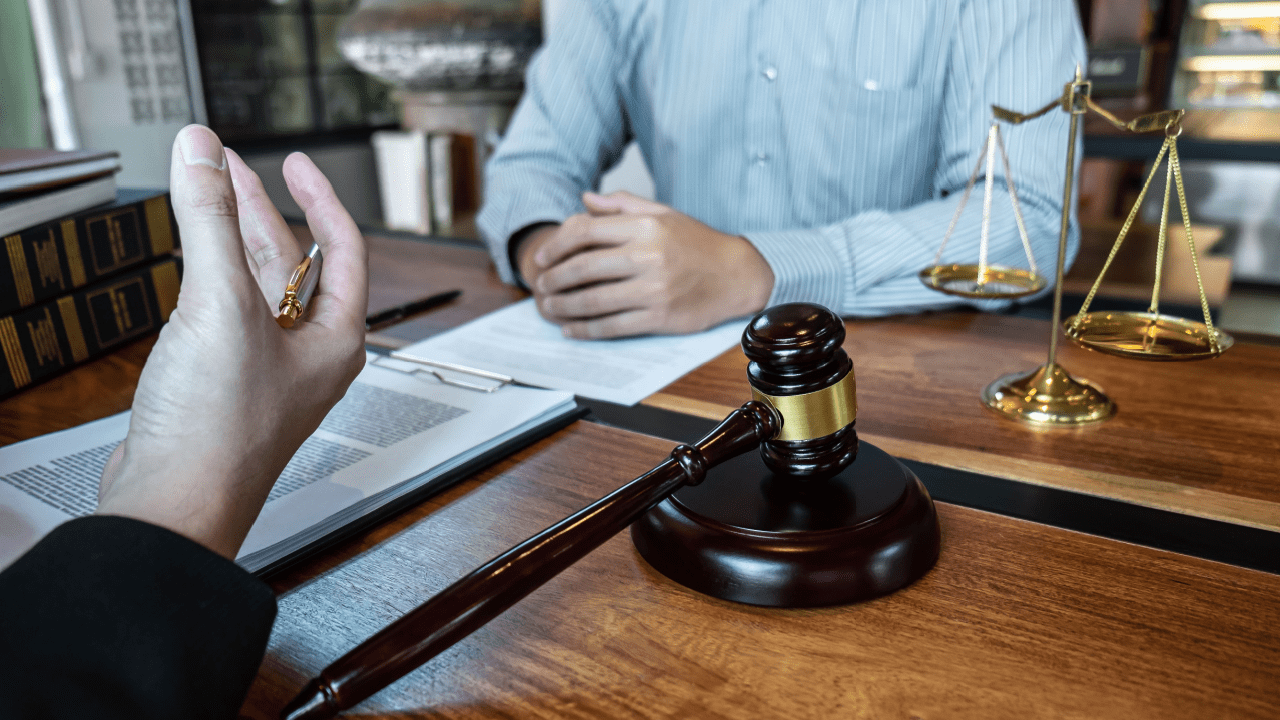- Mon - Fri: 8.30 AM - 5:00 PM
- 26565 Agoura Rd., 200, Calabasas, CA 91302
- 818-884-8075

How Do You Value Items for Bankruptcy? A Simple Guide for Filers
Understanding How to Value Items for Bankruptcy Correctly
When preparing to file, understanding how do you value items for bankruptcy is one of the most important steps in the process. From the furniture in your living room to the car in your driveway, the court wants to know what you own—and how much it’s worth. But if you’re asking, “How do you value items for bankruptcy?”, you’re not alone.
This guide explains how to assess your property, how bankruptcy trustees evaluate assets, and why accurate valuations matter. Whether you’re working with an attorney or filing on your own, knowing how to value your items properly is key to a smooth bankruptcy process.
Why Valuing Property Matters in Bankruptcy
Bankruptcy law requires you to list all your property and assign a value to each item. This helps the court and your bankruptcy trustee determine:
- What you own
- What you can keep (under exemptions)
- Whether any nonexempt property might be sold to repay creditors (in Chapter 7)
- What your repayment plan might look like (in Chapter 13)
Incorrect or inflated values could cause your case to be delayed—or even denied. Lowballing can lead to suspicion or disputes with the trustee, while overvaluing could risk losing property you could’ve otherwise protected. You can learn more about how exemptions work and how to protect your assets during the process.
Use “Fair Market Value”—Not What You Paid
When listing values, the rule of thumb is to use fair market value—not the original purchase price or sentimental worth.
What is Fair Market Value?
Fair market value is what you could reasonably sell the item for today, in its current condition, in a private sale (like Craigslist, Facebook Marketplace, or a garage sale).
For example:
- A laptop you bought for $1,200 two years ago might now be worth $300.
- A couch you paid $2,000 for could be worth $200 today.
- Your five-year-old car may sell for $6,000, even if you still owe $8,000 on it.
The value should reflect what someone would actually pay for it, not what you hope to get or what it cost originally.
How to Value Different Types of Property
Let’s walk through common asset categories and how to value each for bankruptcy:
House or Real Estate
- Get a recent property tax assessment
- Check online sites like Zillow or Redfin for local estimates
- For accuracy, especially in higher-asset cases, consider a formal appraisal
- Subtract the mortgage balance to determine equity
Vehicles (Cars, Trucks, Motorcycles)
- Use tools like Kelley Blue Book (KBB) or NADA Guides
- Choose private-party sale value, not dealer trade-in
- Be honest about mileage, condition, and any damage
Household Items & Personal Belongings
Estimate garage sale or secondhand value
For example:
- TV: $100
- Kitchen appliances: $50–$100 each
- Clothing: $1–$10 per item (total up by group)
Tip: Group small items together for simplicity—“Bedroom furniture set” or “Kitchenware bundle”
Jewelry and Collectibles
- For everyday jewelry, estimate what you’d get at a pawn shop or resale site
- For valuable or custom items, consider a jewelry appraisal
- Collectibles should be valued based on online market prices or auction listings
Bank Accounts & Cash
- Report actual balances on the day you file
- Don’t forget about Venmo, PayPal, or cash apps
Retirement Accounts and Investments
- Use current account statements
- Note whether the accounts are tax-protected (IRAs, 401(k)s), which may be fully exempt
What Happens If You Overvalue or Undervalue?
If your valuation seems too low, the bankruptcy trustee may object and investigate further. If the trustee thinks the item could be sold to repay creditors, they’ll request supporting documents or an appraisal.
On the other hand, overvaluing could lead you to miss out on exemptions, potentially risking property that could’ve been protected.
Accurate, realistic values help you:
- Avoid red flags
- Stay within exemption limits
- Keep the process smooth and stress-free
Should You Hire a Professional Appraiser?
In most cases, you won’t need a formal appraisal for everyday household goods. But if you own:
- Valuable artwork or antiques
- High-end jewelry
- Unusual collectibles
- Real estate with unclear market value
…an appraiser can help document your case and avoid future disputes.
Your bankruptcy attorney can guide you on when a professional valuation makes sense.
Smart Tips for Valuing Items in Bankruptcy Cases
When asking, “How do you value items for bankruptcy?” the key is to prioritize accuracy and honesty. The court isn’t interested in what your belongings meant to you emotionally or how much you originally paid. What matters is their current fair market value. From your couch to your car, using realistic, well-researched values helps you avoid unnecessary complications with your trustee and ensures your property gets the protections it deserves.
Whether you’re filing Chapter 7 or Chapter 13, take the time to list your assets carefully. If you’re unsure about specific items, consult resources like Kelley Blue Book or Zillow—or even consider a formal appraisal for high-value assets. For more insights, visit how to file for Chapter 7 bankruptcy or explore Chapter 13 repayment plans.
Need Help Valuing Property for Bankruptcy? Talk to a Legal Expert Today
Still asking yourself how do you value items for bankruptcy? Legal Brand Marketing connects individuals with experienced bankruptcy attorneys who understand the ins and outs of asset valuation. Whether you need guidance on exemptions, professional appraisals, or just want peace of mind before filing, our trusted network is here to help.
Start the process with confidence—speak to a bankruptcy attorney now or visit BankruptcyAttorneys.net for more filing resources and tips. You can also Contact us to learn how we help filers get connected to qualified legal professionals fast.
Frequently Asked Questions (FAQs)
1. Can I estimate the value of my items myself, or do I need professional help?
You can estimate values yourself using fair market comparisons like garage sales, online listings, and resale platforms. A professional appraisal is only necessary for high-value or hard-to-price items.
2. Will the bankruptcy trustee visit my home to verify my listed values?
Not usually. However, if the trustee suspects undervaluation or inconsistencies, they may request supporting documentation or a formal appraisal.
3. Do I need to include gifts or inherited items in my bankruptcy filing?
Yes, all property—including inherited items and gifts—must be listed and valued, even if they hold sentimental value or were received long ago.
4.How do I value digital assets like cryptocurrency or NFTs in bankruptcy?
Digital assets should be listed using their fair market value at the time of filing. For volatile assets like cryptocurrency, use the current market rate from a reputable exchange on the filing date.
5. What happens if I forget to include an item in my bankruptcy asset list?
Leaving out an asset—intentionally or not—can delay your case or result in denial of discharge. Amend your filing immediately if you realize something was left out.
Key Takeaways
- Use fair market value—not original purchase price—when listing property for bankruptcy.
This reflects what an item would sell for today in its current condition. - Accurate valuations protect your property and reduce trustee objections.
Being honest helps avoid red flags that could trigger additional scrutiny or risk asset loss. - You don’t always need a professional appraiser.
Most household items can be valued using online tools, secondhand listings, or garage sale pricing. - Every asset counts—even digital accounts and informal belongings.
Include everything from PayPal balances to inherited items to avoid omissions and legal issues. - A knowledgeable bankruptcy attorney can guide you through proper asset valuation.
Professional help ensures your values are realistic, your exemptions are maximized, and your filing is smooth.




